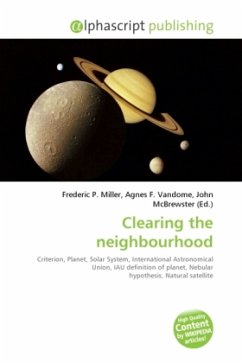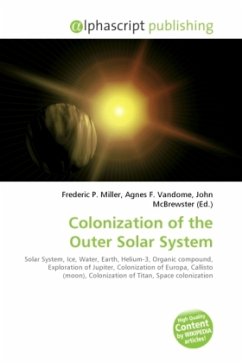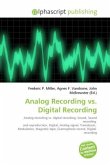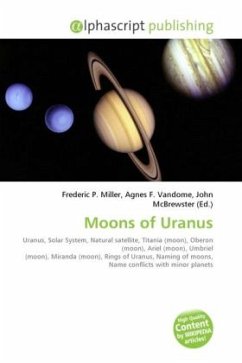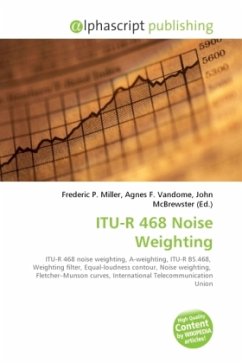High Quality Content by WIKIPEDIA articles! Having "cleared the neighbourhood of its orbit" is a criterion for a celestial body to be considered a planet in the Solar System. This was one of the three criteria adopted by the International Astronomical Union in its 2006 definition of planet. In the end stages of planet formation, a planet will have "cleared the neighbourhood" of its own orbital zone, meaning it has become gravitationally dominant, and there are no other bodies of comparable size other than its own satellites or those otherwise under its gravitational influence. A large body which meets the other criteria for a planet but has not cleared its neighbourhood is classified as a dwarf planet. This includes Pluto, which shares its orbital neighbourhood with Kuiper belt objects such as the plutinos. The IAU's definition does not attach specific numbers or equations to this term, but the extent to which all the planets have cleared their neighbourhoods is much greater, by any measure, than that of any dwarf planet or any candidate for dwarf planet known so far.

